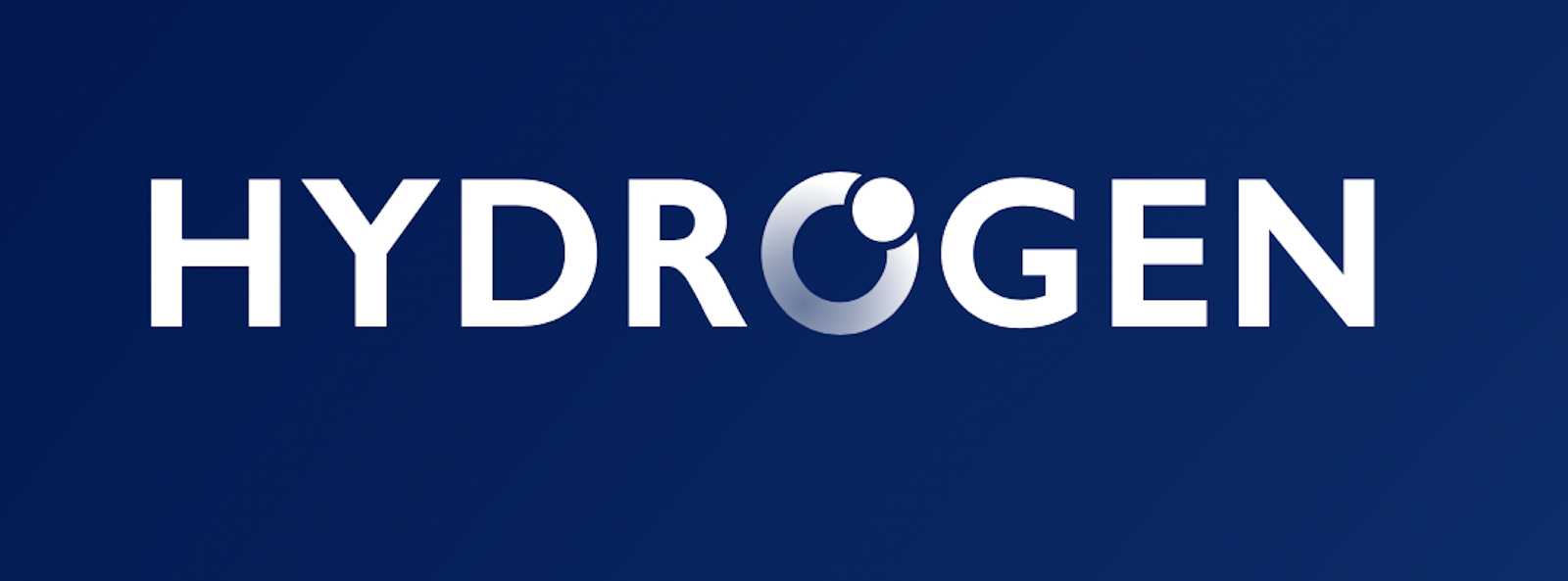Hydrogen is a New York City-based fintech positioning itself as the global financial platform for the Web 3.0, which is the coming paradigm for how we will both develop and interact with the internet. While definitions for the term are not set in stone, Eric Stepansky, Enterprise Growth Manager at Hydrogen, says Web 3.0 will centre around making the world more decentralised and transparent. Hydrogen will help usher in and nurture this paradigm by helping fintech products get built quickly and in a cost-effective manner that enables mass diffusion of fintech around the globe.
“Hydrogen is the lightest element,” says Stepansky, explaining the connection between the periodic table element and the eponymous company. “One of the core strengths of our platform is being light, flexible, and customisable,” he says, concisely elucidating how easy it is to build any fintech infrastructure or application using the platform’s modular APIs.
The Core
Hydrogen has three product offerings, Atom, Hydro, and Ion, “that all work together in unison, but can be used separately, according to a client’s needs”, says Stepansky.
The Atom platform has the core infrastructure APIs needed to build fintech apps, and services clients that need to digitise, one of the biggest groups approaching the company. Another group of companies that comes to Hydrogen are those that have already digitised but need product help. For them, the Atom platform contains APIs that can help companies build fintech products.
Hydro is a public blockchain project that adds a security and identity management layer to platforms. The team is working on a payments protocol as well. The goal of Hydro is to create standardised smart contracts, APIs, and dApps to be used by customers in financial services and expand access to the underserved.
Ion is Hydrogen’s auto-machine learning library that can be used to leverage data on platforms to gain insights that support business decisions, which is useful for companies that have digitised and have product offerings.
The rationale behind offering these three products is based on Hydrogen’s conviction that fintech can help give people all over the world better access to financial tools and control over their own finances. One of the ways to do this is by building a fintech platform or app to deliver services, whether in savings, insurance, investments, financial planning or any number of other means of increasing financial resilience, along with the tools to add decentralisation and data analysis.
The People’s Champ
Of their offerings, Hydro has captured significant attention. “A lot of people are interested in decentralisation, specifically when it comes to security and identity management,” Stepansky explains, “Companies can implement a security layer extremely quickly, in just a few hours.”
The team has also recently released the free Hydro security and identity app, available on iOS and Android, which targets consumers.
Stepansky pinpoints the popularity of their blockchain offerings and the company in general to its expertise in fintech, role as a thought-leader, focus on real-life use-cases, and immediate impact in terms of security. “There’s really no reason not to use our products. The impact is significant and the implementation is seamless,” he says.
Decentralisation
One of the threads running throughout Hydrogen’s DNA is decentralisation. Decentralisation is important for financial services, according to Stepansky, because from a historical perspective access to finance and financial information has been limited to an elite group. Hence, decetralisation can be used to increase access to both financial information and services.
“Another big part is security”, he adds, “financial systems have been vulnerable to breaches, and that’s where blockchain can really provide an added value”. What decentralisation in the form of blockchain also brings is increased transparency, he explains.
Hydrogen’s commitment to decentralisation is solid, with the outfit launching the Financial Industry Decentralization Initiative, or FINDI, in August. “We wanted to build a group to help create a real future around public blockchains”, says Stepansky. The group wants to maximise the use of public blockchains in financial services and its mission focuses on security, knowledge, and trust.
“We have a lot of exciting members in finance, consulting, government, and academia,” Stepansky says, expressing the range of actors that comprise FINDI.
Activities conducted by the group include organising symposia, supporting blockchain research, product development, and providing thought leadership.


